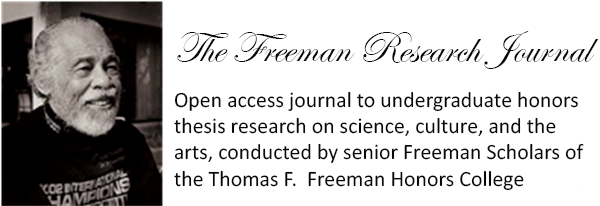
Date of Award
Spring 5-24-2020
Document Type
Thesis
Degree Name
Bachelor of Science
Department
Interdisciplinary Studies
First Advisor
Iris Lancaster
Abstract
The first year for an educator can be difficult. Leaming new systems, new teaching tools, and new rules for a particular school district can be daunting for a teacher who is fresh out of college. On the other hand, many first-time instructors have no issues maneuvering these obstacles; however, they fail when it comes to classroom management skills. Finding time for the lesson, students, and themselves is a difficult feat. The focus of this study looks at four distinct andversatile classroom strategies: mastering transitions, fostering and building relationships between students and teachers, utilizing collaboration projects, and establishing a clear classroom routine. Effective classroom management requires awareness, patience and good timing. Thus, if first year educators arm themselves with these four important strategies, they will have all they need to manage a successful classroom and a successful first year.
I. Mastering transitions. A. Smooth transitions will avoid confusion among students which will save class time. B. Instructional strategies used to teach transition skills include; 1. Providing a consistent routine ensuring every transition is smooth and free from disruption, 2. Preparing the students in advance, 3. Observing student follow-through. Make sure you know where they fail, and succeed so you can change your strategy for next time.
II. Fostering and building relationships. A. Students are not defined by test scores, data, or learning objectives because they worth more than that. B. School can be a joyful and exciting place to learn if healthy relationships are Promoted by teachers.
III. Utilizing collaboration projects. A. Working as a team will increase confidence because students will gain support from their group members. B. Collaborative work allows for deeper thinking which enhances problem solving skills.
IV. Establishing a distinct classroom routine. A. Many behavioral issues can be avoided if students are taught properly procedures they should follow in the classroom. B. Routines encourage students to be self disciplined so they are not relying on the teacher's assistance the entire class time. C. Routines allow it to be easier for students to learn and achieve more because classroom time will not be wasted.
V. To have an effective classroom management plan, use these four strategies: master transitions, foster and build relationships, utilize collaboration projects, and establish a clear classroom routine.A. Effective transitions and having a classroom routine will allow you to save valuable class time. B. Building relationships with your students will allow you to avoid behavior issues, and research shows that students learn better from each other.
Recommended Citation
Gonzales, Ana, "Classroom Strategies and First Year Instructors" (2020). Honor’s College Freeman Research Journal. 13.
https://digitalscholarship.tsu.edu/frj/13

